Will become Justice of the Peace for the Prescott District in 2023, which makes him no longer eligible to hold a seat on the Board
Attorney Mitch Padilla will be leaving the Yavapai Community College District Governing Board at the end of this year. He was sworn in to become a Board member on January 13, 2021.
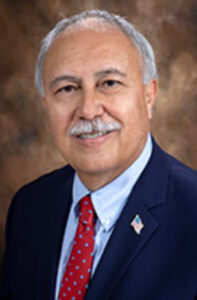
Mitch Padilla
Padilla won the primary election August 2 as a Republican against two other Republican candidates. Because there was no Democrat primary opponent, there will be no contest in the November general election. Padilla will take the seat as Justice of the Peace in January.
Padilla served two years of a six year term on the District Board. He represents District 5, which consists of Castle, Diamond Valley, Glassford, Granville, Groom Creek, Horseshoe, Lynx Creek, Mountain View, Prescott Valley 1/Navajo, Prescott Valley 2, Pronghorn View, Roundup, Superstition, and Yavapai Hills.
It is anticipated that the County Superintendent of Schools will appoint someone from District 5 to serve out the remainder of Padilla’s term.
 The Association of Community College Trustees (ACCT) announced the recipients of its annual Regional Awards for community college trustees, equity programs, chief executive officers, faculty members, and professional board staff members on August 15. In the Pacific Region, Community College Board member Ray Sigafoos, English Professor and Faculty Senate President Dr. Karen Palmer, and Yvonne Martinez-Sandoval, the executive assistant to President Rhine and the District Governing Board, were recognized. They were among more than two dozen recipients of various awards from five regions made by ACCT this year.
The Association of Community College Trustees (ACCT) announced the recipients of its annual Regional Awards for community college trustees, equity programs, chief executive officers, faculty members, and professional board staff members on August 15. In the Pacific Region, Community College Board member Ray Sigafoos, English Professor and Faculty Senate President Dr. Karen Palmer, and Yvonne Martinez-Sandoval, the executive assistant to President Rhine and the District Governing Board, were recognized. They were among more than two dozen recipients of various awards from five regions made by ACCT this year.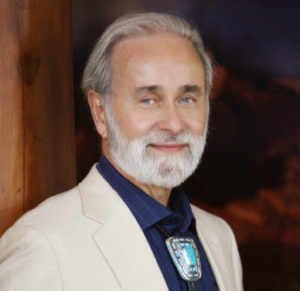
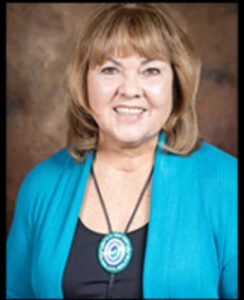
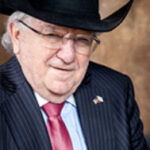
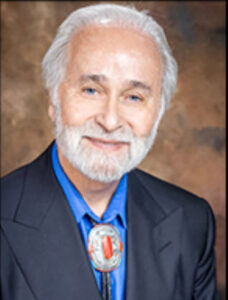
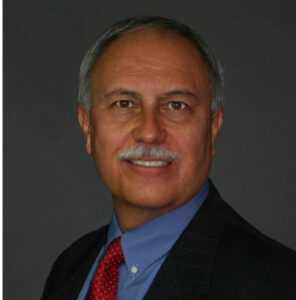
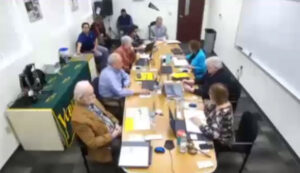 The November 16 Yavapai Community College District Governing Board meeting found time to listen to a grievance by Board member Ray Sigafoos about those persons who refer to the institution as “Yavapai Community College.” Rather than “Yavapai College.”
The November 16 Yavapai Community College District Governing Board meeting found time to listen to a grievance by Board member Ray Sigafoos about those persons who refer to the institution as “Yavapai Community College.” Rather than “Yavapai College.” 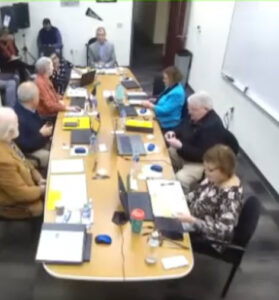
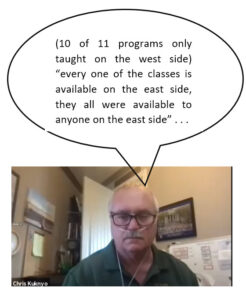 Fourth District Governing Board representative Chris Kuknyo appeared emotional as he accused Chevalier of “grilling” Dr. Ralston. According to Kuknyo, Dr. Ralston underwent a grilling “by the guy who always grills about the Verde Valley.” Kuknyo opined that Ralston was taken “by surprise” by Chavlier and exclaimed that it was “embarrassing on my part to watch.” Kuknyo also said, among other things, that Dr. Ralston should have avoided answering Mr. Chevalier’s simple questions by declaring that “every one of the classes is available on the east side, they all were available to anyone on the east side.”
Fourth District Governing Board representative Chris Kuknyo appeared emotional as he accused Chevalier of “grilling” Dr. Ralston. According to Kuknyo, Dr. Ralston underwent a grilling “by the guy who always grills about the Verde Valley.” Kuknyo opined that Ralston was taken “by surprise” by Chavlier and exclaimed that it was “embarrassing on my part to watch.” Kuknyo also said, among other things, that Dr. Ralston should have avoided answering Mr. Chevalier’s simple questions by declaring that “every one of the classes is available on the east side, they all were available to anyone on the east side.”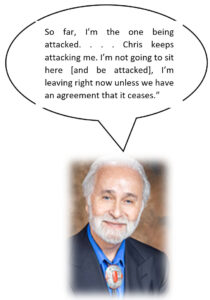
 Governing Board member Mitch Padilla led the discussion at the March District Governing Board meeting on the topic of the decision by the Administration to create a new Master Plan. At the conclusion of the discussion, the Board voted unanimously to allocate the $200,000 in the 2021-22 budget, suggested by the Administration, to hire experts to create a new Master Plan.
Governing Board member Mitch Padilla led the discussion at the March District Governing Board meeting on the topic of the decision by the Administration to create a new Master Plan. At the conclusion of the discussion, the Board voted unanimously to allocate the $200,000 in the 2021-22 budget, suggested by the Administration, to hire experts to create a new Master Plan.